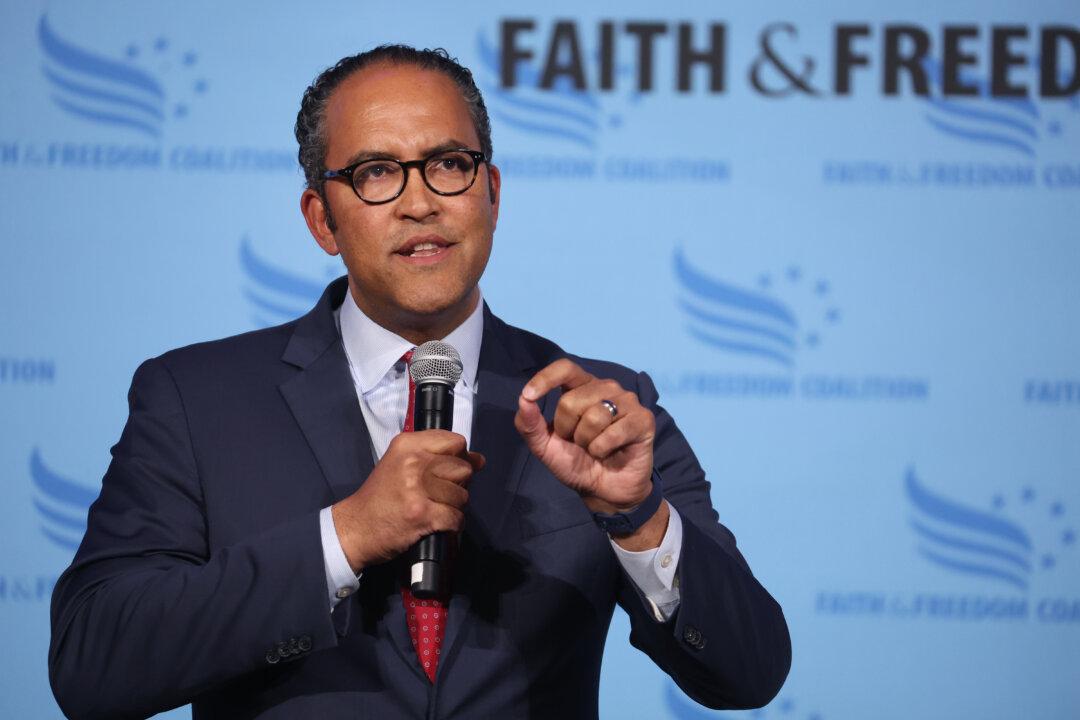Former Texas Rep. Will Hurd, a fierce critic of former President Donald Trump, announced Thursday that he’s running for president in 2024 as a Republican, entering an already crowded GOP primary field dominated by Trump.
Hurd, a one-time CIA officer before entering politics, represented the state’s 23rd Congressional District—a massive district that stretches across the southwestern portion of Texas and encompasses more than 800 miles of the 1,200-mile Texas-Mexico border.





